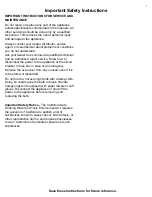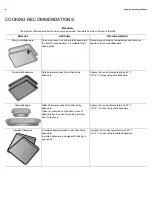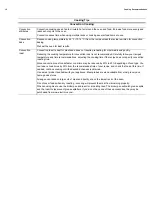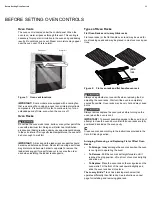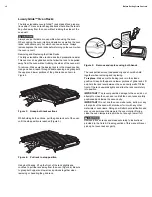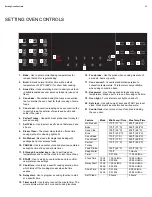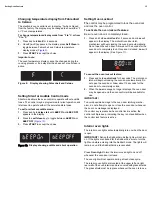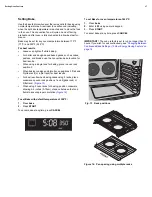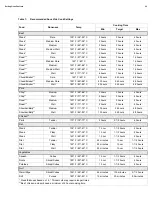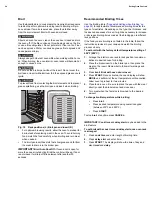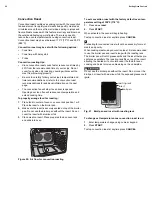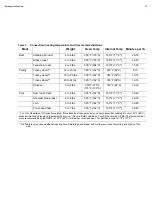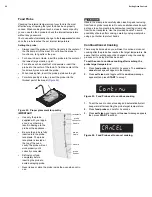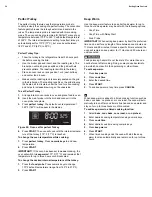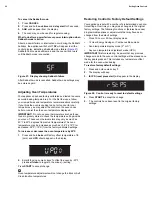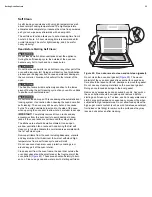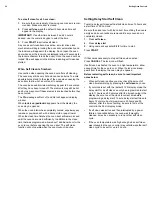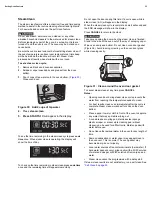
Setting Oven Controls
21
Air Sous Vide
How Sous Vide Works
Sous vide is a French phrase meaning “under vacuum”. In sous
vide cooking, food is vacuum-sealed in plastic pouches, which
are then placed in a cooking medium of hot water or air. Your
appliance uses hot air circulating around sealed pouches to
cook food slowly at relatively low temperatures: 100°F to 205°F
(38°C to 94°C). Sous vide cooking is not fast, but with a little
planning, it can be very easy.
Advantages of Sous Vide
•
Food does not lose flavor or aroma due to evaporation.
•
Vitamins and minerals do not escape during cooking.
•
The low cooking temperature leaves meat and fish more
tender.
•
Less spice is needed, as food keeps more of its natural
flavor.
•
The low cooking temperature greatly reduces the risk of
overcooking. The food never gets hotter than the intended
serving temperature.
•
Timing is less critical. If different dishes are finishing at
different times, food that has reached serving temperature
can wait, since it stays at serving temperature in the
cooking medium.
Food Safety
Because sous vide cooks at relatively low temperatures,
safe
food handling is especially important
.
•
Always keep raw food in safe conditions before you start
cooking.
•
Clean the raw food before you start cooking.
•
Table 1, “Recommended Sous Vide Cook Settings,”
to
find the recommended cooking time and temperature for
the food.
•
Only use temperatures below 140°F (60°C) to cook foods
that can be safely eaten raw.
•
Food should be between 34°F and 37°F (normal refriger-
ator temperatures) when preparing to place food in sous
vide vacuum pouch.
•
Sous vide dishes are best served immediately after
cooking. If food is not served immediately, use an ice bath
to chill it quickly and then keep it refrigerated for up to 3
days.
•
Do not use sous vide to reheat leftovers.
•
Do not allow raw food to contact cooked food during prepa-
ration. Do not use the same tools on different food items
without washing them.
•
If the recipe includes raw eggs, keep the whites and yolks
from touching the outsides of the shells.
•
Blanching in boiling water or searing in a pan before sous
vide cooking can destroy surface bacteria to improve food
safety.
•
Do not use Delay Start with the Sous Vide function.
•
Do not use a meat probe with the Sous Vide function. Food
needs to be sealed air-tight in a pouch for sous vide
cooking.

